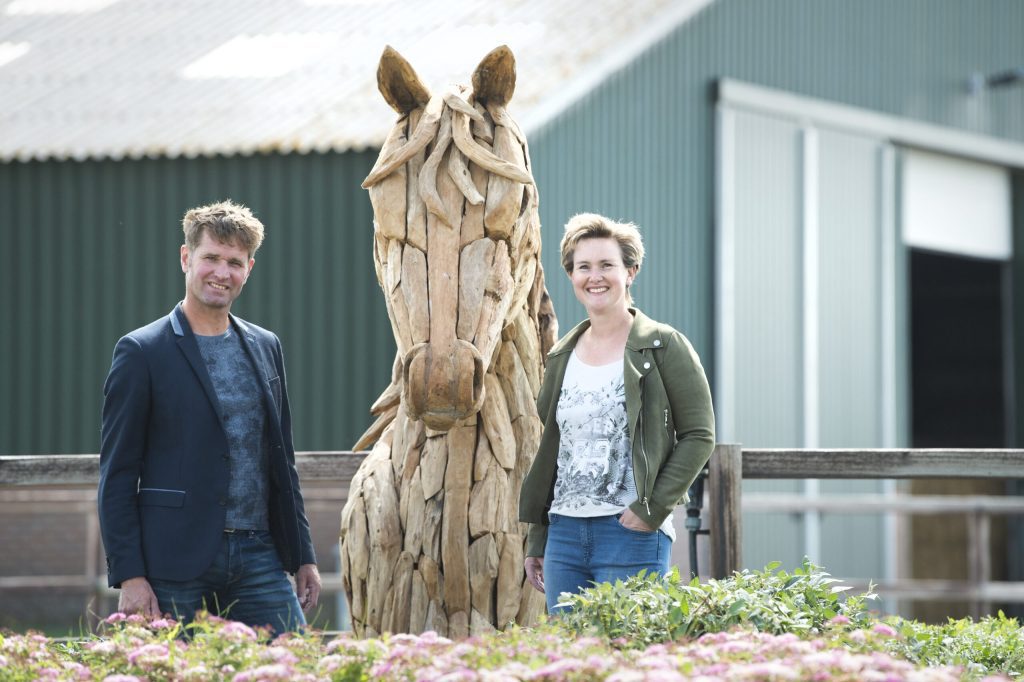The future cannot be predicted accurately. To prepare the equestrian sector for the future, Horses is organizing a webinar in cooperation with the FNRS on the future of the Dutch equestrian sector. Don't miss it and register for the free webinar on Tuesday evening, May 14.
What if there is not enough physical space to keep horses in the future? What if horse riding became more popular? Or what if horse riding is no longer socially acceptable? What if soon we only knew horses from equestrian museums or horse camps? There are no ready answers, but they are topics to think about.
Register immediately to attend the webinar
when?
The symposium will be held on Tuesday, May 14 from 8 pm to 9 pm.
with whom?
Scroll through the webinar Renee Feldman From Rabobank, Eva Sonnen From the Amsterdam Riding School And Robert Van Almkerk From FNRS to host Myriam Homs. How do they view the future of the sector? What practical solutions are available to make companies and the sector future-proof?
What?
Based on what has been done previously Research conducted by FNRS We discuss important (expected) trends and developments. What is the long-term perspective that the sector could face?
- Increased pressure on available space in the Netherlands. We face a spatial challenge in the Netherlands: housing, agriculture, nature (including the wolf), activity and leisure, solar panels and wind turbines need space. What does this mean for the (physical) space available to equine entrepreneurs? Will they retain the (physical) space they have for their business operations? Or will this (physical) space become more and more limited in the coming years?
- Low social acceptance in the equestrian sector. The perception of the relationship between humans and animals is changing, there is a growing interest in animal welfare and the influence of misinformation is increasing. Some trends that affect how society feels about the equestrian sector. Will there still be enough social acceptance in society for the equestrian sector? Or do critical voices lead to a decline in social acceptance of the equestrian sector?
- Increased pressure on costs for entrepreneurs. Costs to entrepreneurs and consumers continue to rise from all sides. This puts entrepreneurs in a difficult position: they have to increase their prices to remain profitable, but they want to keep equestrian sports affordable. How do you deal with this as an entrepreneur? Is professionalization of entrepreneurs necessary? Is it still possible to finance the sector for development and the next generation?

“Coffee buff. Twitter fanatic. Tv practitioner. Social media advocate. Pop culture ninja.”











More Stories
Which can cause an increase in nitrogen.
The Central State Real Estate Agency has no additional space to accommodate Ukrainians.
The oystercatcher, the “unlucky national bird,” is increasingly breeding on rooftops.